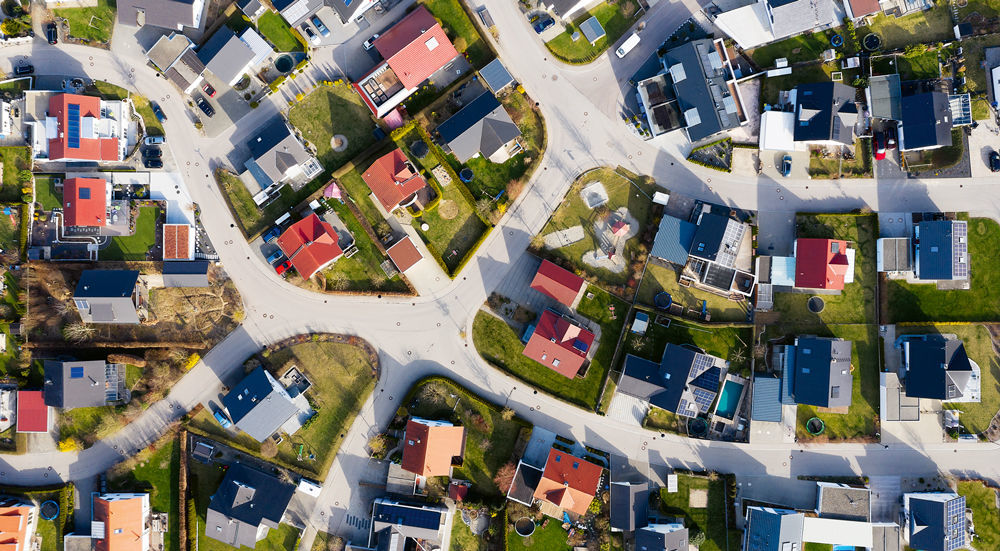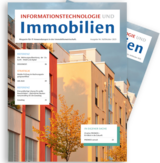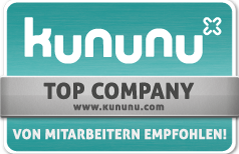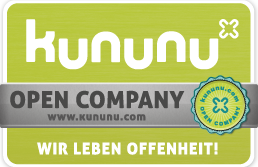Smart, sure. But safe? Drones deployed for property management

But be careful! Because fully equipped drones can easily weigh a few kilos and have become affordable to the general public thanks to relatively low prices, EU lawmakers have seen the need to establish a uniform legal framework to ensure that people in particular are not injured and that important infrastructure is not damaged.
The European Commission adopted a new regulatory framework on 24 May 2019 with Implementing Regulation (EU) 2019/947, which has brought new changes since 30 December 2020 in particular. The following constitutes an outline of the most important regulations.
Drones – or unmanned aircraft systems (UAS), as they are technically called – are now divided into three categories of operation: “open”, “specific” and “certified”. The latter includes systems capable of transporting passengers or hazardous materials (“air taxis”), while the “specific” category of operation includes UAS capable of being flown beyond the operator’s range of vision or having a starting mass of over 25 kg. The “open” category of operation thus comprises drones with a starting mass of less than 25 kg which, crucially, fly within the operator’s range of vision and up to a maximum altitude of 120 metres. The first new feature of the current legal regulation is a mandatory registration for operators of drones, even for devices of the “open” category with a starting mass of 250 grams or more. The same applies to aircraft weighing less than 250 grams if they are equipped with a camera or other means of recording personal data and are not toys. The issued registration number must be visibly affixed to the drone.
A further requirement, repeatedly referred to by the media as a “drone driver’s licence”, is a so-called proof of competence. This is also mandatory once a drone weighs more than 250 grams (unless it is a toy and expressly approved as such). For the “open” category, though, operators of many drone flight systems with certain variants must simply complete a theoretical online test on the website of the Federal Aviation Office (Luftfahrt-Bundesamt). Professional UAS operators, on the other hand, must prove completion of a self-study programme and undergo a theoretical examination with an authority designated by the Federal Aviation Office.
In the “open” category, one generally needs no permission to fly if the drone has a starting mass of less than 25 kg, is in the pilot’s immediate range of vision for the duration of the flight and does not exceed a maximum flying altitude of 120 metres. Otherwise, an operating licence is also required.
When operating UAS, one should be aware that national regulations, such as the Aviation Regulation (LuftVO) in Germany, may designate areas in which the operation of drones is prohibited. These include nature reserves, for example, but also hospitals and special infrastructure such as military, police or industrial facilities.
Another little known fact is that according to Section 21b No. 7 of the Aviation Regulation, operating a drone over someone else’s residential land is only permitted with the express consent of the owner or another authorised user. Therefore, if a property inspection absolutely requires flying over a neighbouring land parcel, you must obtain the consent of the neighbour beforehand to avoid violating this regulation and committing a misdemeanour.
In addition to these aviation law requirements, general regulations must also be observed, including the right to one’s own image – recording images of other people (neighbours, tenants, visitors, craftsmen) also requires the consent of the affected persons. Finally, when using the drone, it must be ensured that no recordings are made of highly private areas of an apartment, such as when the UAS is used to check the condition of a bedroom window or inspect someone’s balcony.
The complexity of the rules described above makes it clear that, despite the enormous temptation, it is probably legally safer for property managers to rely on professional providers who operate drones as a business, therefore have the necessary operating approvals and “driver’s licences”, and are adequately protected against any financial damage caused by accidents through appropriate (and mandatory) liability insurance. This is especially true for complex residential areas where not all building parts are visible to the operator of the aircraft, requiring the drone to be steered based on its video feed.
Author:

was born in 1967 in Munich. He studied law in Munich and, during his traineeship, worked in New York for six months for Germany’s largest record label. He has been a member of the bar since 1996 and founded his first law firm in 1999. He specialises in consulting in the field of computer and Internet law, including procedural enforcement of the relevant claims. His other areas of activity include trademark, copyright and competition law. Stephan Wiedorfer has been a certified specialist for industrial property rights since 4 February 2008. He is a member of the Deutsche Vereinigung für gewerblichen Rechtsschutz und Urheberrecht e. V. (GRUR; German Association for Industrial Property and Copyright), the Deutsche Gesellschaft für Recht und Informatik e. V. (DGRI; German Association for Law and Informatics)) and the Arbeitsgemeinschaft Informationstechnologie im Deutschen Anwaltverein (DAV-IT; Information Technology Working Group of the German Association of Lawyers).
Other articles by this author:
- Article "Compliance – what is actually still permitted today?"
- Article "Is the Internet of Things first and foremost an Internet of legal uncertainty?"
- Article "There was once a noticeboard... How to use social media channels in a legally compliant manner"
- Article "Digital butler or spyhole? What you need to consider when implementing a tenant app"
- Article "Contract design for software implementation – how significant are fairness and transparency?"
- Article "Everything is flowing smoothly – drafting contracts for agile projects"
- Article "WhatsApp in companies – how can it be used in a legally compliant way?"
- Article "What digital data rules are in place for asset and property management contracts?"
- Article "Smart, sure. But safe? Drones deployed for property management"
- Article "Are security vulnerabilities to hacker attacks a defect for which the software provider can be held liable?"
- Article "Gas prices are rising and the gas price cap is intended to remedy the situation."


